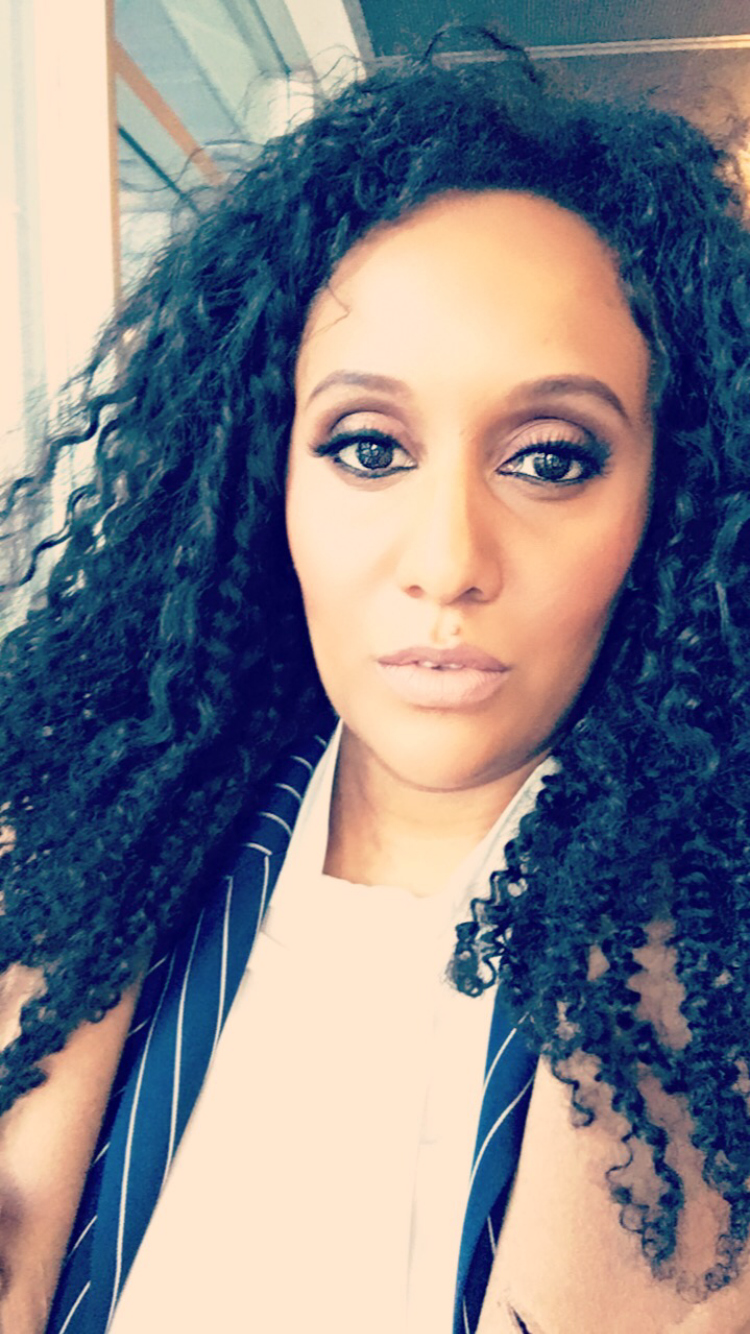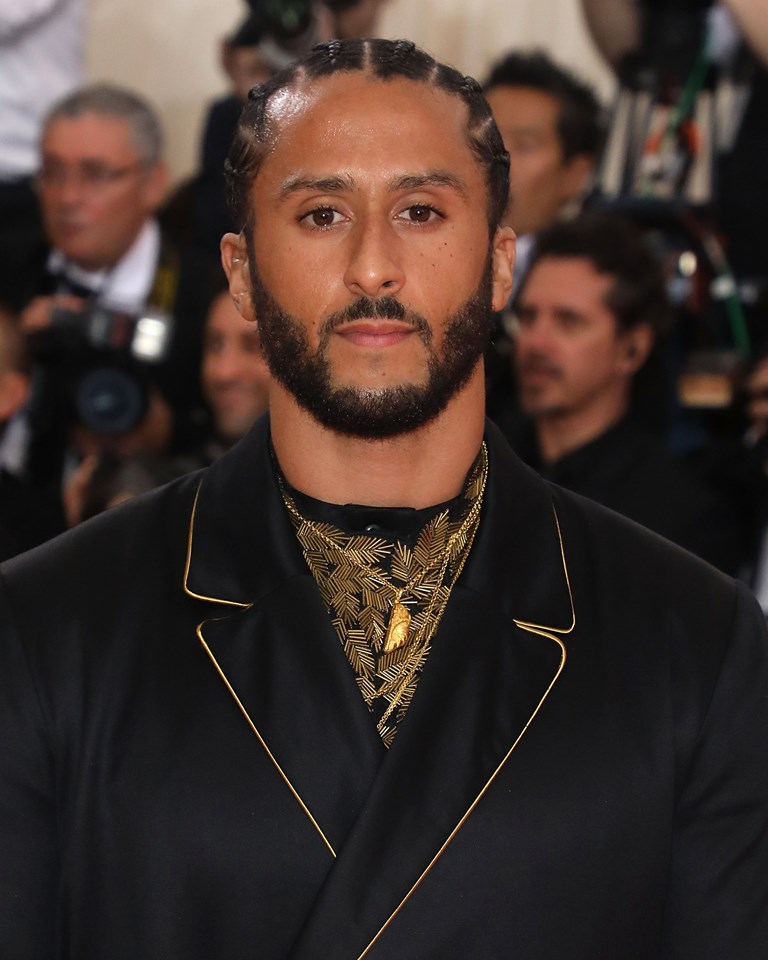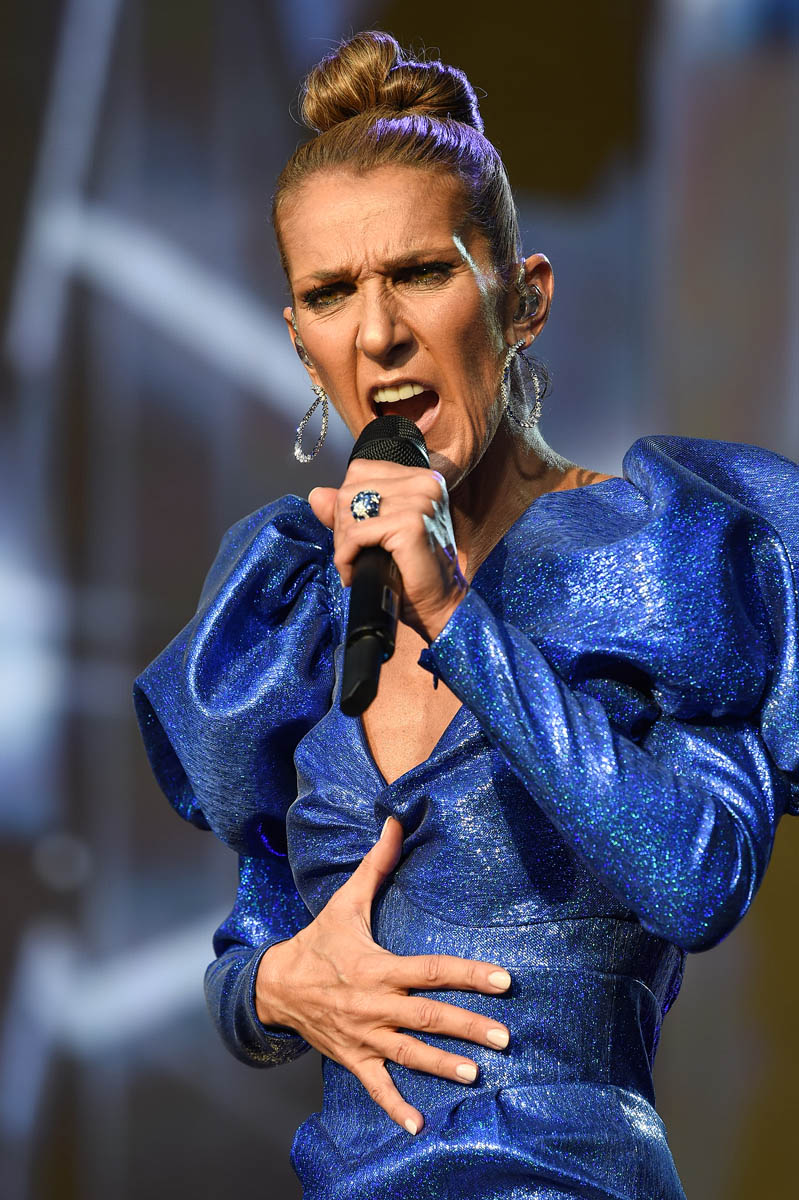Colin Kaepernick and Nike’s value



Forbes is reporting that Nike’s stock rose 2% this past week, which is $3 billion in market value, after complying with spokesperson Colin Kaepernick’s appeal to pull its latest shoe. Last week, Nike removed the “Betsy Ross”, a version of their Air Max 1 Quick Strike. According to the CBS Sports, the shoe “was red, white and blue and featured on the back the original American flag (a.k.a. The Betsy Ross), which has 13 stars in a circle and 13 alternating red and white stripes, designed to represent the 13 original American colonies.” According to the Wall Street Journal, “Kaepernick reached out to Nike, noting that the original flag carried a "connection to an era of slavery” as “the flag has also been adopted for use by some extremist groups in America.”
Nike cancelled the shoe, stating:
"Nike has chosen not to release the Air Max 1 Quick Strike Fourth of July as it featured the old version of the American flag.”
Of course, white supremacist Twitter reacted badly to the news about the shoe, just like they did when Nike signed Kaepernick last year. Apparently, the mere mention of a stance denouncing racism is enough to enrage the people who want to protect racism, and they often call it un-American, or invoke #alllivesmatter. But before Twitter (and even during), these people expressed these opinions at work, at school, during holidays, whenever they had an opportunity.
Intervening online is important, but I wonder about the stories allies tell about racist and hateful friends and family. White supremacy sounds so ridiculous yet is still common because it’s more difficult to confront and disrupt a person’s biases in person. It’s easier to perform allyship and advocacy if it’s outward to the internet, alone. What many people do not understand (racists and un-actionable allies alike) is that we aren’t waiting for another death, or trying to debate anything. The denial of our oppression and the robbing of our lives by a system not build to protect us is white supremacist violence. However, it’s still important to push back on racist narratives, even if they sound ridiculous.
Racialized people should not have to constantly defend our dead ancestors, our fellow people killed by the police, Disney characters, and our objection to a shoe design. It’s not up to us to prove our humanity and advocates like Colin Kaepernick show us that we often don’t have to bother. Racism is seeping out of every crack in society now, and while scary, we can face it and try to dismantle it. It’s interesting when looking at these knee- jerk reactions: while white supremacy is totally dangerous, racists frame their arguments as if virtually anything connected to liberation is a threat. While Kaepernick’s recent move with Nike was strategic, it is not threatening.
To be clear, though some journalists suggest that Kaepernick is less useful when he’s not playing football, it’s clear he’s powerful in any position, QB or not. And that’s precisely what makes him a threat to white supremacy. Colin himself and his partner, radio and TV personality Nessa, have gone great lengths to explain and clarify his political position, his relationship with veterans, and his deep love for Black people. This helps people willing to listen and angers those who are racist. Also, Kaepernick’s work does not exist in isolation, no matter how many people pretend he came out of nowhere. My cohost and I had a fascinating discussion about this with Sportsnet’s Donnovan Bennett on episode 5 of our podcast Black Tea. On locating the history of Kaepernick’s activism, Bennet told us: “It’s not something that started 2 years ago when Colin Kaepernick took a knee and before that sat throughout the national anthem…this predates him whether it’s Tommie Smith or John Carlos at the 1968 Olympics, Muhammad Ali risking his career and his freedom standing and not wanting to be a part of a war he felt didn’t and really stand with what he believes in or what his religious beliefs were. Whether it’s guys like Bill Russell, or Jesse Owens and how his excellence did his talking in the face of the Nazi Germany regime. Black athletes have always stood for something even if it was just being able to play, and Jackie Robinson saying I’m going to not only turn the other check when I’m called things, but turn a fastball and hit it out of the park.”
Still, Kaepernick and the athletes who came before him, even though they were protesting inequality, were perceived to be aggressive – because they challenged the status quo, that being a system that only worked if they accepted their inferiority. In a new book, “White Fragility”, educator Robin DiAngelo (who is white) puts it this way – per The New Yorker:
Whites profit off of an American political and economic system that showers advantages on racial “winners” and oppresses racial “losers.” Yet, DiAngelo writes, white people cling to the notion of racial innocence, a form of weaponized denial that positions black people as the “havers” of race and the guardians of racial knowledge. Whiteness, on the other hand, scans as invisible, default, a form of racelessness. “Color blindness,” the argument that race shouldn’t matter, prevents us from grappling with how it does.
Colin Kaepernick’s alignment with Nike, one of the most successful American companies in the world, and their willingness to promote his message by making him an ambassador, was already making racists uncomfortable. That Nike decided to concede to his request has only added to that. And that Nike PROFITED in the aftermath of that decision, meaning they made money by respecting his suggestion, probably worries them even more.

